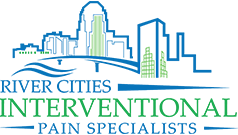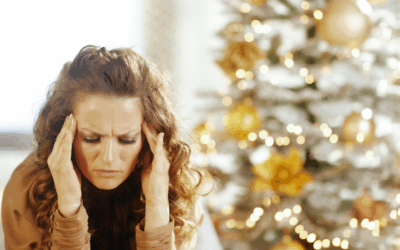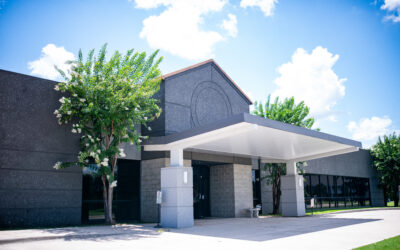Spinal Stenosis in Shreveport, LA
Spinal stenosis affects the lower neck and back, often worsening over time. Our pain doctors can help.
Spinal Stenosis Pain Overview
People suffering from spinal stenosis in Shreveport experience discomfort in the lower back and neck. This is usually a result of a narrowing in one or multiple spaces within the spinal canal. This is a tunnel that contains the spinal cord and all its components, including nerves. Stenosis reduces the space within your spine, cramping nerve roots and the spinal cord.
Insufficient room for the spinal cord and nerves that branch off it can cause irritation and compression. When this happens, patients experience back pain and other nerve-related complications like sciatica. Lower spinal stenosis in Shreveport can affect anyone, but people over fifty years old are more susceptible. Contact our pain doctors if you feel pain in your lower back or neck. We will give you an accurate diagnosis and effective treatment.
Get in Touch!
Find Your Path to Pain-Free Living
Embark on your journey to a life without pain. Reach out to us now to book your consultation for chronic pain treatment in Shreveport.
Causes, Diagnosis, and Management of Spinal Stenosis in Shreveport
Spinal stenosis affects patients differently. Depending on the severity and where the compression occurs, you may feel pain, numbness, and weakness in your legs, feet, arms, hands, and neck. While these symptoms may not be detected during the initial stages, doctors can use imaging tests like X-rays and MRIs to diagnose and address the problem early. Even the slightest discomfort in your lower back or tingling in your legs can be a sign you need spinal cord stenosis treatment in Shreveport.
During your checkup, the doctor will review your medical history, inquire about your symptoms, and conduct a physical exam. A pain doctor will examine the area and recommend effective solutions to ease discomfort and restore mobility. Patients can manage stenosis using at-home care practices like applying a cold or hot compress and exercising. Severe discomfort may require prescription drugs, surgery, steroid injections, or physical therapy.
New symptoms like back pain or tingling in the limbs call for a professional evaluation, diagnosis, and treatment. If you suffer from cervical neck stenosis in Shreveport, schedule a checkup with our pain doctors.
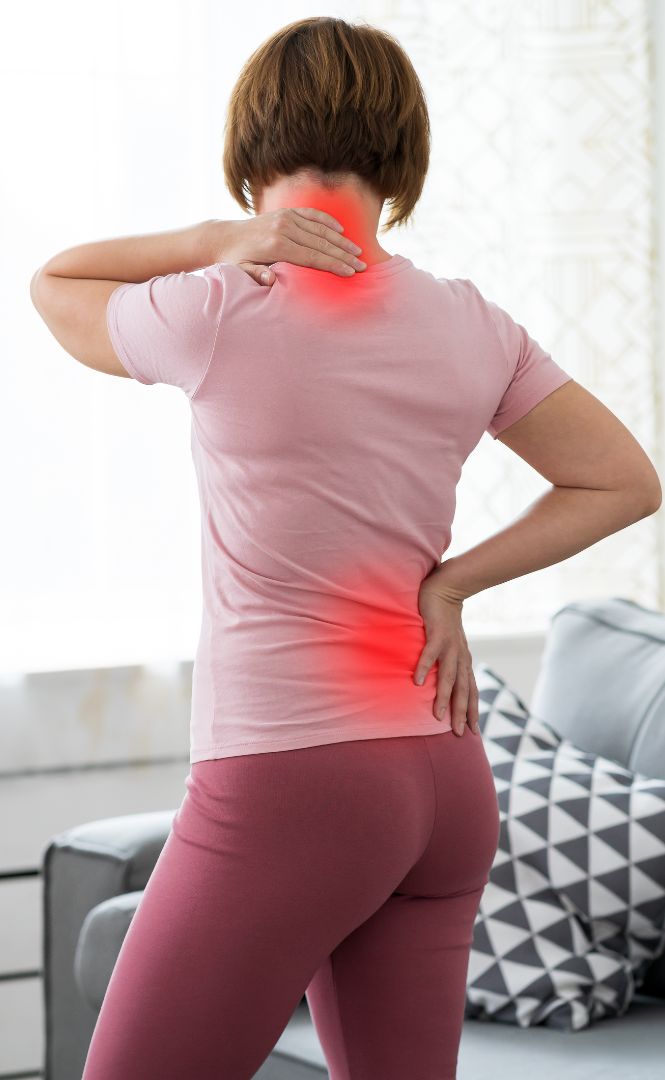
318-797-5848 or
Chronic Pain Management Conditions Treated in Shreveport, LA

Back Pain

Headache
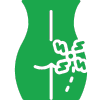
Sciatica
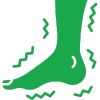
Peripheral Neuropathy
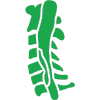
Spinal Stenosis
Top Pain Management

Cutting-edge solutions for chronic pain using the latest advancements in treatment.
Board Certified Physicians

An expert team led by highly qualified, board-certified pain management specialists.
Patient-Centered Care

Personalized treatment plans focused on improving each patient’s quality of life.
FAQs About Pain Management Clinic in Shreveport, LA
Who is most at risk for spinal stenosis?
Spinal stenosis in Shreveport affects anyone. However, people over fifty years old are more at risk. In some situations, young people are more at risk of spinal cord compression, especially those with spinal-related problems like scoliosis.
How is spinal stenosis diagnosed?
Medical experts diagnose spinal stenosis by assessing the patient’s medical history and imaging tests like X-rays, CT scans, and MRIs. The results from these tests inform the treatment method and lifestyle changes, ensuring a better quality of life and overall well-being.
Can I still exercise with spinal stenosis?
The answer is yes. Your physician will recommend targeted exercises to ease the pressure on your spine and reduce the discomfort associated with the condition. Patients should expect low-impact and safe activities like aerobics and aquatic therapy.
What are some tips for managing spinal stenosis pain?
At-home solutions to manage spinal stenosis include applying a hot or cold compress and exercising regularly. In severe cases, professional physicians can prescribe medication, physical therapy, or surgery, depending on the severity and affected area.
How can activity affect my symptoms?
An active lifestyle is essential for people with spinal stenosis as it helps improve stability and build strength. Research shows that a strong core improves spinal stenosis symptoms and the overall quality of life. While exercising, target core muscles that support the spine for effective results.
Explore Our Recent Pain Management Blogs
Holiday Stress and Pain Management Tips
Do’s and don’ts for managing chronic pain while traveling and keeping up with the...
What Is Pain Management & Do I Need It?
Comprehensive Chronic Pain Treatment in Shreveport, Louisiana At River Cities...
When Should I Be Worried About Lower Back Pain? Signs and Symptoms to Watch For
Lower back pain is common, but when should I be worried about it? This article will...
